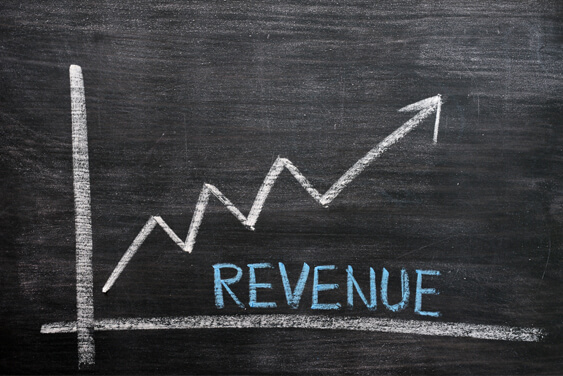When should debt collectors be used?

There’s no simple answer to the question, “When should debt collectors be used?” The answer varies for every industry and every business, and sometimes every account. But there are a few general principles that can give your office some insight about when you should send past-due accounts to a collection agency. Here are some considerations:
I. Time is Money
The best time to send a consumer to collections is between 60-120 days past due. IC System can and does collect on older accounts. But the likelihood of recovering your account balance decreases the longer you wait.
Your AR inventory decreases in value over time. On average, past-due accounts are worth 87% of their original value after 90 days of delinquency. After 120 days in debt, many consumers forget about or resolve to never pay their bill, and the recovery rate dramatically decreases to 33%. It takes only four months of hanging on to your AR to lose 67% of its original value.
II. Use your Financial Policy as a Guide
If your office has a financial policy that clearly identifies when a past-due consumer can be sent to collections for nonpayment, follow that policy. Not only will it help structure your monthly accounts receivable processes and reinforce your written policy, but it will ensure that you’re sending accounts to collections within a time-sensitive window.
If you don’t have a financial policy concerning collections, consider talking to your attorney to have a few lines on the subject added to your contracts or agreements.
III. Special Cases
Sometimes it’s appropriate to delay submitting an account because of a consumer’s unique situation. Showing compassion and understanding in difficult times is a sign of an empathetic business. At the same time, it’s important to identify a clear line for special cases.
Refer to your financial policy. If your policy states that consumers may be sent to collections after 90 days, give special cases no more than a 30- to 60-day extension—and set a reminder for yourself to follow up. This way, you can show your concern for the consumer’s unique situation even while remaining true to your financial policy.
IV. Don’t Procrastinate
You’re already asking yourself, “When should debt collectors be used?” That’s a great start. But it’s important to stay focused and ensure follow-through. One of the most common mistakes many businesses make is sitting on their AR for several months, even years, before sending accounts to a collection agency. The most common reasons for this include:
“We were too busy to deal with our AR” – We get it. It’s a challenge for every business to balance their daily routine with back-office concerns like AR, especially if you don’t have a full-time accounts receivable manager in the office. But remember, past-due accounts are unrealized revenue that, unless addressed promptly, may never be realized. In these cases, you’re trying to recover revenue for goods or services already rendered. So it’s important to prioritize AR to avoid losses.
“Sending debts to a collection agency is too time-consuming.” – Whether you’re dealing with electronic files or paper documents, IC System can make uploading new accounts to collections fast and easy with our Online Tools. All you have to do is gather the information and hit “Send,” and we’ll take care of the rest.
“I was trying to deal with it myself.” – It’s tempting to try to resolve every account internally. We often see businesses try to handle AR themselves, but then ongoing business needs take over and AR gets sidetracked. Working with a collection agency on a regular basis will not only ensure higher revenues but free your time to focus on the day-to-day of running your business.
With these considerations in mind, the basic rule of thumb is: Send accounts to collections sooner than later. The longer you delay or deviate from your financial policy, the less revenue IC System will be able to recover.
For additional information, download our Time is Money eBook.
About the Author: Brian Eggert
Brian Eggert is a business development specialist and writer for IC System, one of the largest receivables management companies in the United States. With 18 years in the collection industry, Brian's experience includes operations, client service, proposal writing, blogging, content creation, and web development.











